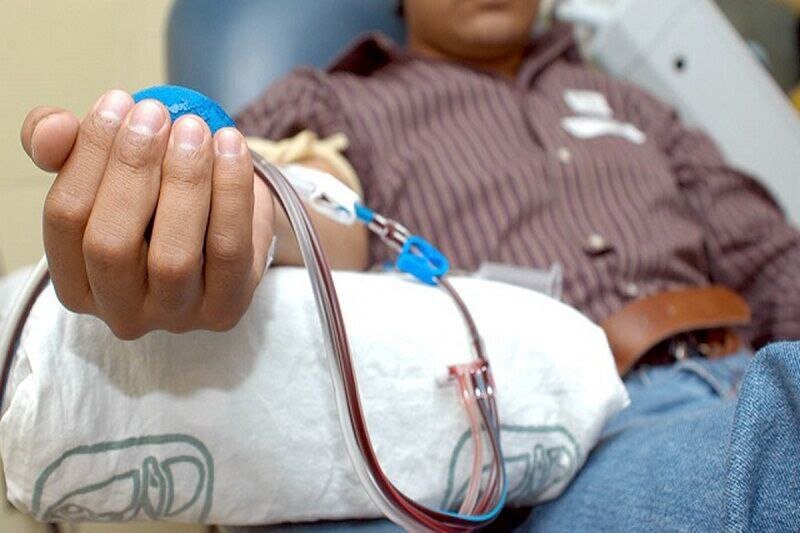Sanctions responsible for 26 hemophiliac deaths in a year: official

TEHRAN –Over the past Iranian calendar year, which ended on March 20, a total of 26 patients (aged 9 to 50) with hemophilia lost their lives from lack of medicines caused by sanctions, according to the chairman of the board of the Iranian Hemophilia Society.
The Food and Drug Administration (FDA) must do its best to fairly distribute the medicines needed by the patients, IRNA quoted Amin Afshar as saying.
The official made the remarks on Tuesday, on the occasion of the World Hemophilia Day which is observed on April 17 annually.
Hemophilia is usually an inherited bleeding disorder in which the blood does not clot properly and mostly affects males. It is estimated to occur in about 1 of every 5,000 male births. People with hemophilia have low levels of proteins called clotting factors that help to stop bleeding. The disease can result in spontaneous bleeding within joints leading to chronic joint disease and pain, bleeding in the skin, head, and brain which can cause seizures and paralysis.
It can also lead to excessive bleeding following injuries or surgery. Death can occur if the bleeding cannot be stopped or if it occurs in a vital organ such as the brain.
The official went on to say that some 14,000 hemophilia patients are registered in the country, now. Lack of medicine for factor 8 and factor 9 hemophilia is quite evident in the country which risks the lives of the patients.
Apart from the shortage of drugs, there are some problems in the distribution system due to a lack of careful monitoring. So, the medicines are not fully and adequately available to hemophilia patients, which results in acute problems, including disability, he noted.
World Hemophilia Day aims to promote the importance of taking coordinated and concerted actions to achieve the World Federation of Hemophilia (WFH) vision of ‘treatment for all’, draw attention to the key issues, and put hemophilia and bleeding disorders in the spotlight.
This year’s theme is “Access for all: Women and girls bleed too”. Today, women and girls with bleeding disorders (WGBDs) are still underdiagnosed and underserved. The global bleeding disorders community has the power—and the responsibility—to change this. Through recognition, diagnosis, treatment, and care, the quality of life of women and girls will improve, and the bleeding disorders community will become stronger.
Medicine import crisis in wake of sanctions
In November, a high-ranking official at FDA revealed that European Union sanctions have significantly impacted Iran’s pharmaceutical imports, leaving patients with critical health needs particularly vulnerable.
The government is now exploring alternative pathways to ensure the steady flow of essential medical supplies to the country.
Speaking at a nursing equipment exhibition in Tehran, Fereshteh Mirzazadeh, deputy head of the FDA, provided an update on the measures Iran is taking to counter these obstacles.
“We are working to open special air corridors, collaborate with international firms, and strengthen domestic production,” Mirzazadeh said. “These strategies are essential to securing the medical supplies needed by our population.”
MT/MG
Leave a Comment